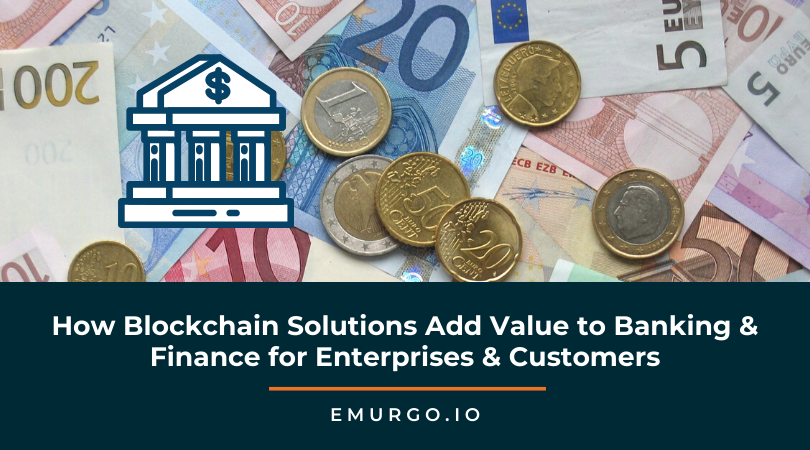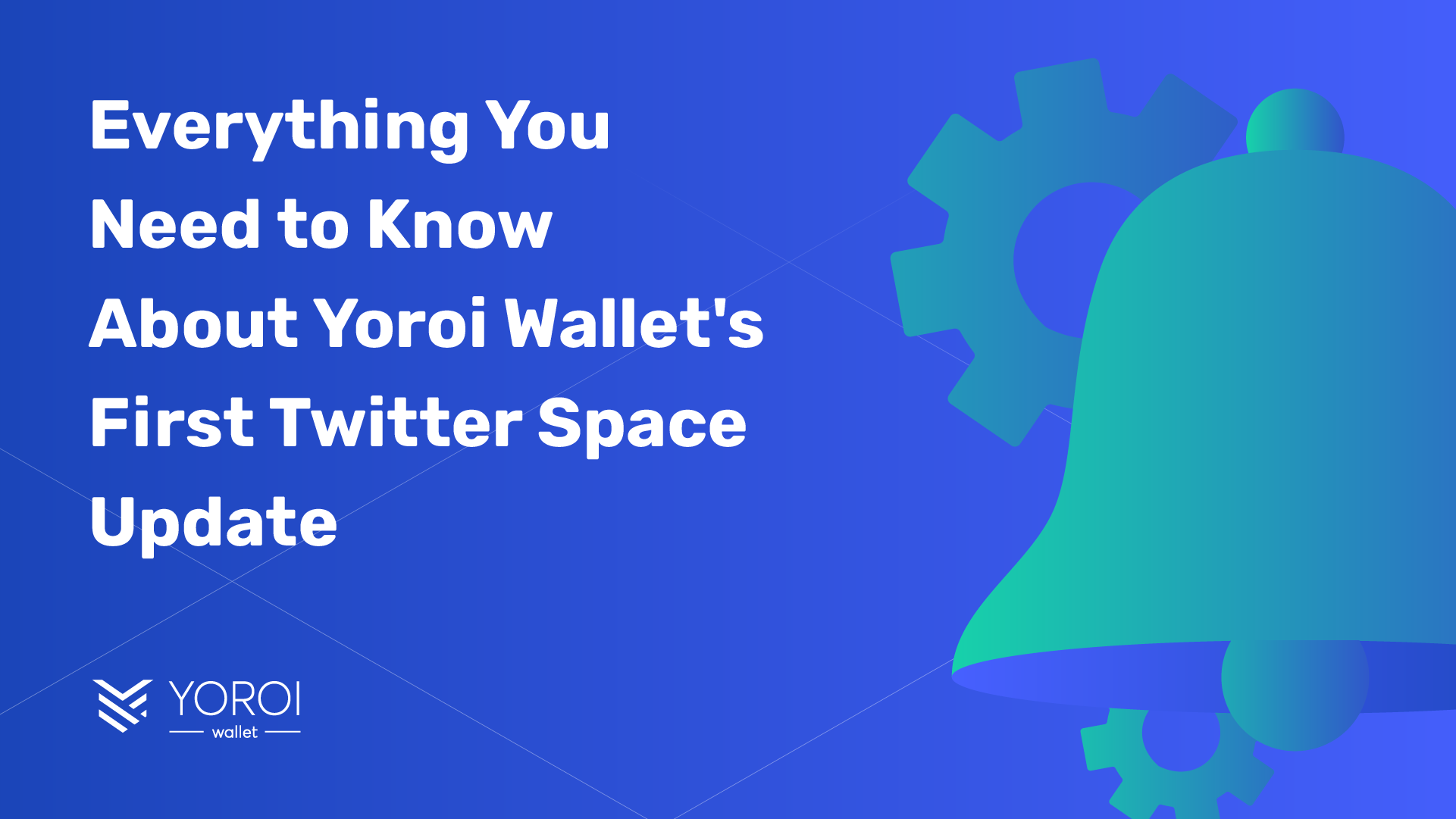Blockchain Brings a New Paradigm to Banking & Centralized Trust
The blockchain industry is redefining the modern banking industry as we know it at an increasing pace. Today, the concept of trust or centralized trust, is at the heart of the world’s modern banking and financial industry infrastructure. The recent arrival of blockchain technology has now sparked a global conversation around the decentralization of that established concept of centralized trust. This disintermediation of centralized trust comes from blockchain technology’s inherent characteristics. These include the ability to provide global, peer-to-peer transactions, immutable ownership of wealth, and instant, open access to financial services, among others. So what does this mean?
Banks & financial companies which were traditionally platforms of necessity (for access to credit, wealth custody and transfers of value) will need to become platforms of value. Financial institutions can now leverage blockchain solutions to add greater value to their consumers’ experiences, and gain access to a wider range of new customers that desire financial services.
What Opportunities Exist for Banks & Financial Companies to Benefit from Blockchain Solutions?
Here are some key opportunities to leverage blockchain solutions in the financial industry today:
・Rapid Financial Transactions
The ability to move money anywhere and settle, at near instantaneous speed, is something that has not existed throughout the history of banking. Settlement clearing which currently can take several “business days” will get faster (moving from days to seconds) while transaction & settlement fees will reduce tremendously for foreign currency remittances. These improvements will be enjoyed without the end user ever needing to be aware of the underlying blockchain technology. Most of the current friction points when it comes to seamless foreign currency transactions and other financial services can be made efficient through blockchain solutions.
・Blockchain-based Credit Reports
Credit reports can dramatically impact customers’ financial lives. Blockchain-based credit reporting with its distributed database is more secure than traditional, centralized server-based credit reporting, and can enable companies to take non-traditional factors into account when calculating credit scores.
Currently, a lack of reliable credit data and actively available blockchain-based solutions render blockchain-based credit financing practically impossible. However, this was also a large bottleneck for distributing traditional credit in the financial industry of the nineteenth and twentieth centuries. According to the U.S. Federal Reserve:
“Few financial institutions in the nineteenth and early twentieth centuries were willing to extend consumer credit; lenders did not have sufficient information to assess the creditworthiness of most individual borrowers, and the costs of managing such loans in any number would have been prohibitively high.”
Providing high quality, blockchain-based credit history is a logical next step and can significantly improve consumers’ access to blockchain-based loans, as well as traditional credit products. In the near future, blockchain-based solutions for extending financial credit services can quickly automate credit lending & borrowing if conditions are met, securely verify credit histories, and thereby reduce administrative costs for both companies and consumers.
・Reduced Cost Of Compliance
Blockchain solutions offer stakeholder transparency, full auditing, and a real-time view of the essential documents which regulatory bodies would usually request access to. In the United States, federal regulations require licensed banks to file “Suspicious Activity Reports” on behalf of FinCEN (Financial Crimes Enforcement Network). This means that regulatory bodies rely on the banking industry to manage potentially fraudulent transactions.
Through blockchain solutions, detailed financial metadata can actually be embodied into a transaction (the “story” of an asset). This makes it far easier for financial institutions to have a detailed record of potentially suspicious activity. This certainly reduces the cost of compliance as a burden on the banks by having this feature naturally embedded into blockchain-based solutions, a hefty cost which is ultimately passed onto end consumers.
How Will Blockchain Solutions Impact Daily Banking Customers?
We are already experiencing many subtle changes in the way blockchain solutions are impacting the banking & financial industries. Some fintech firms already allow the purchase and sending of cryptocurrencies, which sit alongside traditional fiat currencies in mobile wallets. In the short to medium term, countries with developed banking infrastructure will introduce rapid bank transfers with near instant settlement rates and low fees for foreign remittances & other transaction types. This will be the first major effect blockchain will have on daily banking consumers’ lives. These iterative improvements will continue to significantly improve the end user experience.
In countries without established banking infrastructure, blockchain solutions offer a completely new financial system from the bottom up. Consumers in such countries who have internet access without adequate banking systems will be more likely to embrace new concepts of markets, regulation and financial services. Consumers who are not bound to the existing banking system are more likely to be open to blockchain-based solutions, which is intrinsically global, decentralized and allows anyone to move reputation, assets and identity as easily as someone would make a bank transfer. Wider access to all sorts of value added services at low cost, and the potential for economic empowerment carry enormous incentives for consumers in these markets.
Conclusion
Blockchain is emerging to be a fast disruptor to one of the world’s oldest and largest industries. The protocols that power blockchain solutions allow faster transfers of value, access to credit data, and enhanced auditability, among many other transformative benefits. Furthermore, these protocols treat every user equally while opening access to a much greater segment of the daily population. Much like the roads and pavements we use on a daily basis, the basic experience of using blockchain technology is the same for large, financial institutions as it is for everyday consumers. This results in a fairer system which ushers in a new era of improved financial services.



